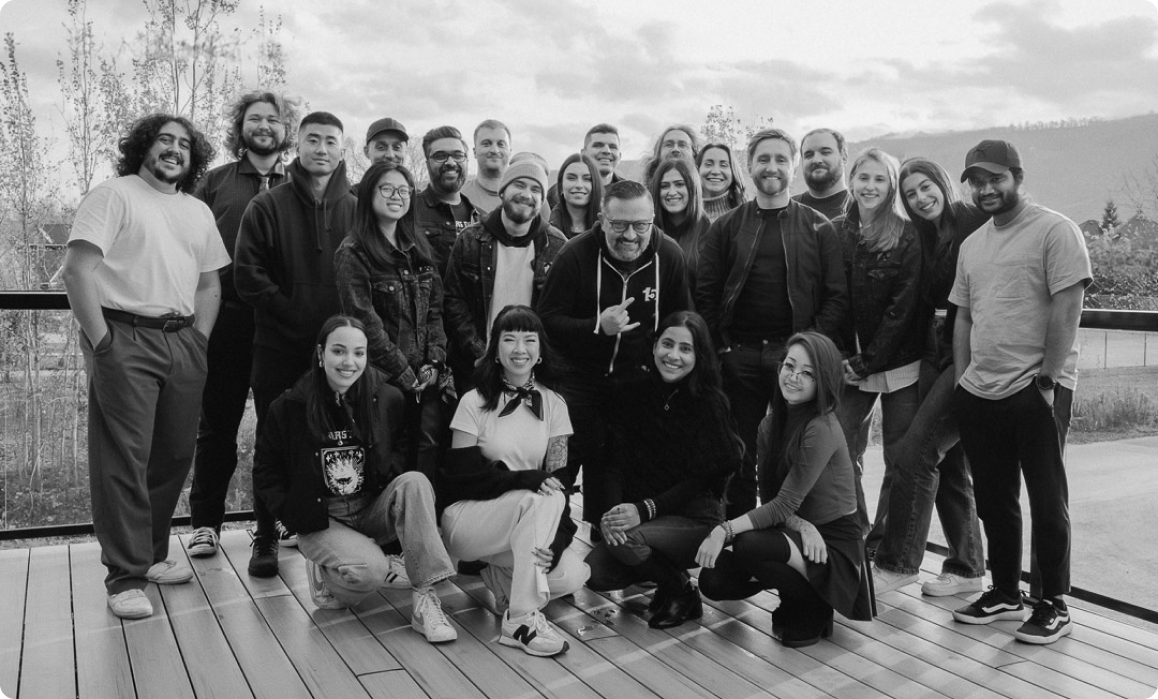Nov. 22, 2022

Why Would You Leave Me a Horse?
In the world of marketing, there is ample time to discuss marketing strategy and a client’s ideas. It is your goal to establish why they seek to undertake a particular goal. Today, I’m going to let you in on a secret about the importance of finding the why.
Why Would You Leave Me a Horse?
Let’s take one moment to delve into ancient history before popping back into how this relates to the modern market. I’d like to show you a colossal disaster (from the perspective of one of the sides involved) that could have been avoided with better communication. It can be easier to see the value of communication in retrospect. Are you familiar with the story about the Trojan horse in ancient Grecian mythology?
The Trojan horse is a legend that first appears in the works of Homer and is about the battle of Troy. The rumoured cause of the war was a fight over a famous beauty, Helen (former Greek Queen), Paris (Helen’s lover, Prince of Troy), and her husband Menelaus (King of Sparta). Now, the two troops had been fighting a war for over ten years and were growing fatigued. The Grecian forces came up with an idea to outsmart the Greeks. They planned to trick Paris, the Prince of Troy, into letting them back into the fortified city with a gift. The plot involved Greek soldiers who would make an homage to the leaders of Troy and trick them.
The Greeks attempt to win access to the city by hiding a troop of soldiers in a giant sculpture of a horse. A lone soldier is supposed to guard the horse and manages to trick most of the Trojans. A priest and one of the Princesses, Cassandra, don’t believe the soldier. The gift makes no sense; the Greeks have no reason to leave behind a gift, suddenly pack up, and abandon the city after so many years of fighting. However, no one heeds the warnings of the priest and princess who, essentially, asked why they were receiving a giant horse!
The surprised people of Troy gather around. The leaders of Troy assume this is a gesture of peace and friendship. Unfortunately, for them, the giant horse is indeed filled with Greek warriors who proceed to burn and torch the city.
What if the leaders of Troy had done things differently? What if someone had taken the time to ask themselves, “Why?”
What if the Trojan king had been open to questioning the gift and listening to the warnings? What if a gatekeeper shouted down to the Greeks, “What are you doing? Is this war over? Why are you presenting us with a gift? Why? Why would you leave me a horse?”
They might have encountered some resistance and realized that the Greeks were behaving suspiciously, not generously. What if the Trojan king and his son Paris had said, “There’s a giant gift for us in the middle of the war. Why?”
Instead, they were wooed by a gift that proved too good to be true. It was a deception.
In some sense, that’s what it can be like to work with clients. We risk being like the Trojans and getting carried away on projects with the prospect of a monetary reward. Sometimes, clients want to do things that would be a waste of money for them. They are unsure of what they wish to accomplish and end up executing ideas or work processes that prove unnecessary. With further questioning, we can clarify these ideas and establish the cleanest processes. You might keep asking them why and remain skeptical, like the ones who questioned the Trojan horse.
Luckily for the world of consultants, asking clients about their motivations does not involve fleets of ancient soldiers, violent wars, and trick presents. In terms of the business world, we want to ask people about their motivations and inspiration for their projects. Thankfully, it is not a war involving an ancient city, but it can still be difficult to ask questions when it involves clients and their money. It is imperative to get the client to articulate their motivations and determine the strategy they need to execute a project and whether that is of value.
How Do You Ask a Client Why? How Does This Really Play Out?
The key here is to avoid being rude and treat the client well. Do your research about the individual, their prior projects, publications about them, and other information online or in books about the client if available. If the client hasn’t done their own publicity, then ask mutual acquaintances about the client. If you were referred to them or introduced, then ask the person who did that to tell you more about them. If you have some simple background about them, then it’s easier to frame the questions politely.
Example A: The Corporate Charity Outreach Project
A real-life example of consulting is something like meeting with a client to discuss a design project. The client is on an exclusive sales team, but they need outside assistance and hired your firm. The project lead agrees to meet with you about the campaign and outline some prospective features in an interview over lunch. You will be required to jot down notes discreetly and have some questions about the project.
The company wants to create its own charity PR release about its decision to partner with one of its suppliers to donate goods. You’ve done some research about this project lead by looking them up on LinkedIn. The lunch environment is quiet enough for a conversation and informal meeting.
I would take this time to speak to the client about the project and ask them why their team was brought on board. If they had any work experience or background related to charities or a particular region, I would bring that up. By showing that you know a little about a client, especially an impressive one, they tend to be more receptive.
Note: When it comes to high-profile clients, it’s a good strategy to know the basics. They will be annoyed if you ask them the same questions that others do over and over. Note that you do not want to bring up intimate questions if they aren’t relevant to the project.
Anyways, with regard to the luncheon, it would be much easier to hear the “why” from a client if you have some background information and can use it to build a question. I would recommend something like, “I couldn’t help but notice you did some prior work in [country where the charity will be established] and wondered if that’s why you’re leading this project.”
If your client opens up here, it will be a little more natural since they can tell you did your research. You can build a business relationship by listening to their response. When you ask them what motivates them, then you will know what the true goal is behind the project and develop rapport.
Imagine this client with the charity project telling you that they lived in the country prior. They felt a kinship with the people there. When they travelled there, a person in a village admired the shoes the company running this charity produces. Both the owner and this client were there and were so impressed by the village, that they want to help them build an irrigation system.
I would ask the client why they wanted to continue working with that village.
They would probably say that they believe in helping the less fortunate, enjoyed sharing a common interest with people around the world, and support sustainable agriculture. If you looked at the mission statement for that corporation, you would probably see that they practice values like helping others, empathy, etc. Business culture isn’t always a rosy, moral place, but nearly anyone has a passion and a mission in life. Nearly all businesses have corporate ideals or codes of conduct, even if they aren’t practiced.
In this example, you solidify a friendship and demonstrate respect for a client, as well as an understanding of their company politics and priorities. The discussion at the lunch established some morals (charity, respect, etc.). I could take this information in stride and make suggestions, whether artistic or practical about how to do the marketing for the charity outreach.
Example B: Ordinary Client
I would like to go over a second, simpler example. Imagine that you are just working with a new client. You know what their project entails (redesigning their digital presence) and this client is in Automotive. I would politely ask them why they are redesigning their digital presence. The marketing team might tell you that it has backend functionality problems, that they can’t update content or images and that it itself doesn’t need any artistic updates. With this information, you know that the repairs are technical in nature and of time-sensitive importance. If you know the why for this one, then you can draft blueprints that address the technical issues vs. being preoccupied with an artistic redesign. In some cases, asking why will save you a lot of work and potential mistakes.
Whether it’s automotive clients or PR teams for corporations, asking people for the big why behind their projects will help you understand how to do your own job better. You will develop the right strategy while fulfilling the project and not offend the client. The more you know about the situation, the better you can perform and meet their goals. If you learn nothing beyond personal information about the client, that’s still valuable and will often make it easier to work with them.
Questions? Concerns? Contact us today.
Book with us
Let’s accomplish what you are looking for, our team of experts are here for you.
Let's work togetherWarning: Working with our team may result in excessive creativity, uncontrollable 'aha' moments, and an addiction to perfect pixels. Please proceed with caution.



